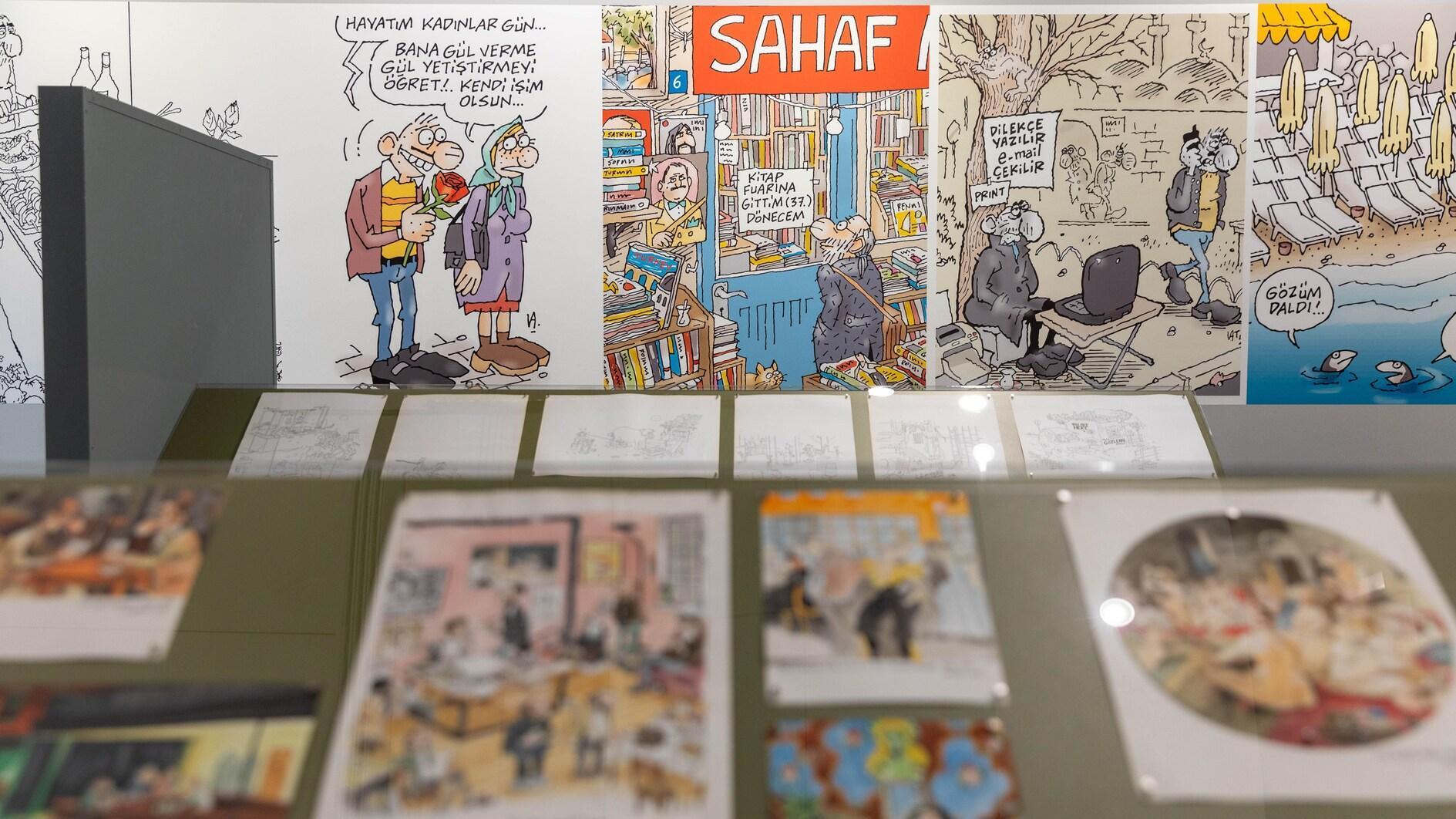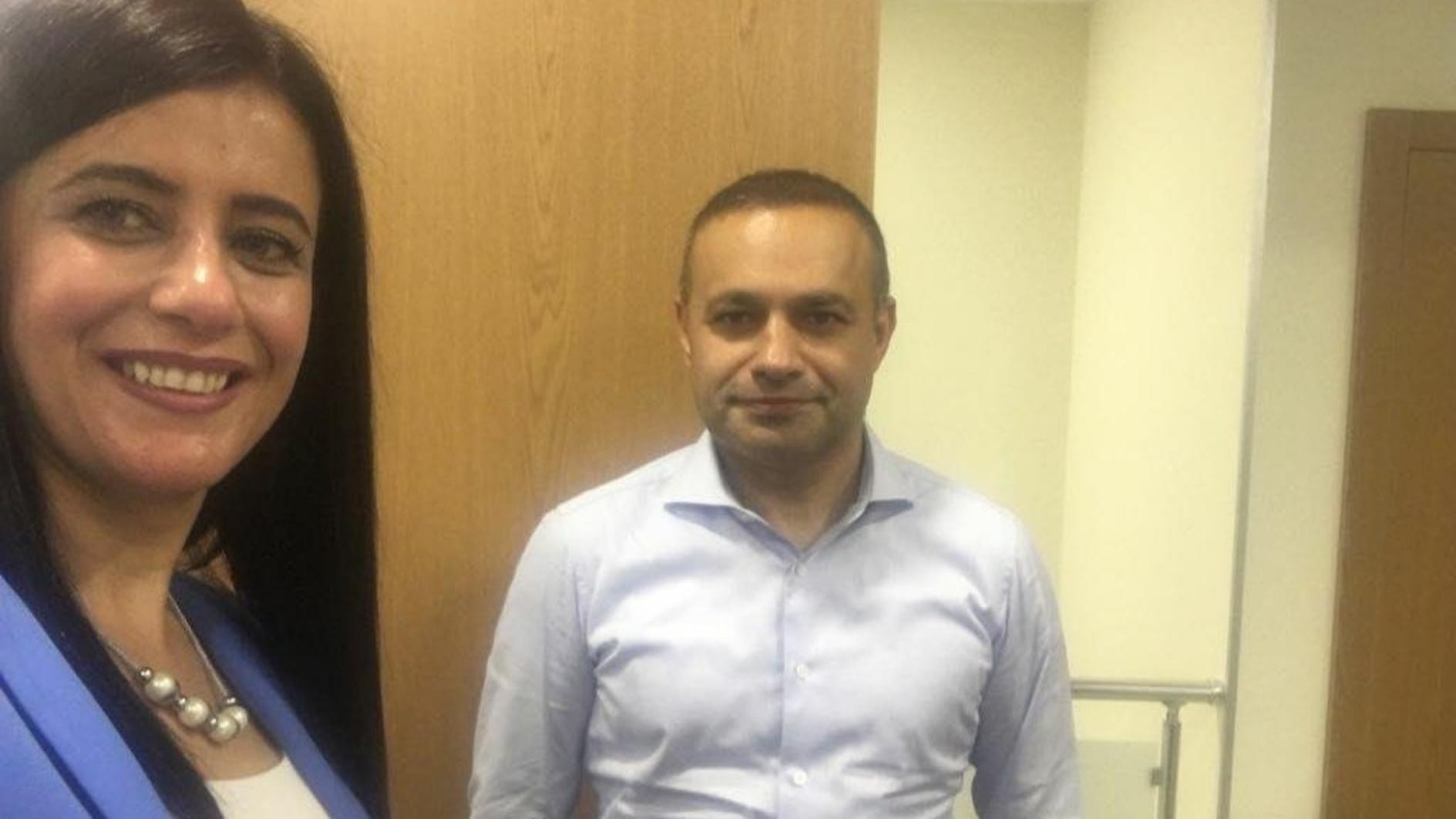Öcalan raises the bar in Turkey’s Kurdish bid
The third round of dialogue between the Turkish government and the outlawed Kurdistan Workers’ Party (PKK) started less than a year ago when Prime Minister Tayyip Erdoğan decided to send Hakan Fidan, the head of the Turkish intelligence service (MİT), to the PKK’s founding leader, who is imprisoned for life on İmralı island south of Istanbul.
In the following months, not only Fidan but MPs from the Peace and Democracy Party (BDP), which share the same grassroots as the PKK, paid 10 visits (the latest one on Sept. 15) to Öcalan in prison – all of them since January this year.
Öcalan’s letter hinting at an end to the PKK’s 30-year armed campaign, Erdoğan’s calling the dialogue a “peace process” and the beginning of the withdrawal of militants from Turkish territory created hopes for a political solution to Turkey’s chronic Kurdish problem.
Then the “process” started to slow down. The PKK started to force the government to rush a legal package through Parliament before the summer recess in July, and the government started to accuse the PKK of just pretending to withdraw militants while actually going after new recruits. The tone escalated mutually as the PKK, especially at the headquarters in the Kandil mountains of the Kurdish autonomous region in Iraq, began threatening the government with a restart of actions before eventually announcing the halt of their withdrawal earlier this month.
Erdoğan announced last week that he was to announce a “democratization package” this week, while the Prime Minister’s Office denied media reports saying that the draft of the package was first shown to Öcalan before being made public.
The last BDP visit to Öcalan took place under such circumstances. The outcome is a statement by Öcalan asking to see more people in prison, not just the BDP, but civil society representatives and journalists. And it was impossible not to observe that he insistently used the word “negotiations” instead of “dialogue” and said his demands had to be met for the continuation of the process.
What had changed in less than a year to cause Öcalan, in his prison cell, to raise the bar in his dealings with the government?
There are a few reasons. The first is the Syria factor. The PKK’s Syria wing, the PYD, has successfully distanced itself both from the forces loyal to Bashar al-Assad and from the Free Syrian Army (FSA) fighting against them. It carried out its own program to take Kurdish-populated Syrian towns along the border under its control and for that, mainly fought against al-Nusra, the Syria branch of al-Qaeda.
Taking advantage of an end to security operations, thanks to the “process,” the PKK endorsed its presence in Turkey, especially in the Kurdish-populated southeast, as Turkey approaches critical local elections in March 2014. Knowing that Erdoğan doesn’t want any bloodshed before the elections, Öcalan might have thought that he has an upper hand and that it is time to raise the bar.
Now the content of the Turkish government’s “democratization package” is more important than, say three months before. Will it suggest the lowering of the 10 percent election threshold, enable obligatory education in Kurdish or merely give what Öcalan wants so that he can have better communications and control over his organization and turn his prison cell into his new headquarters?











